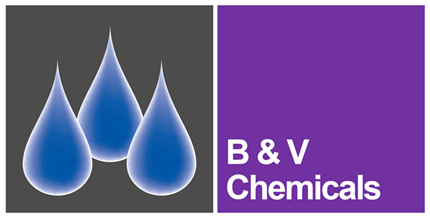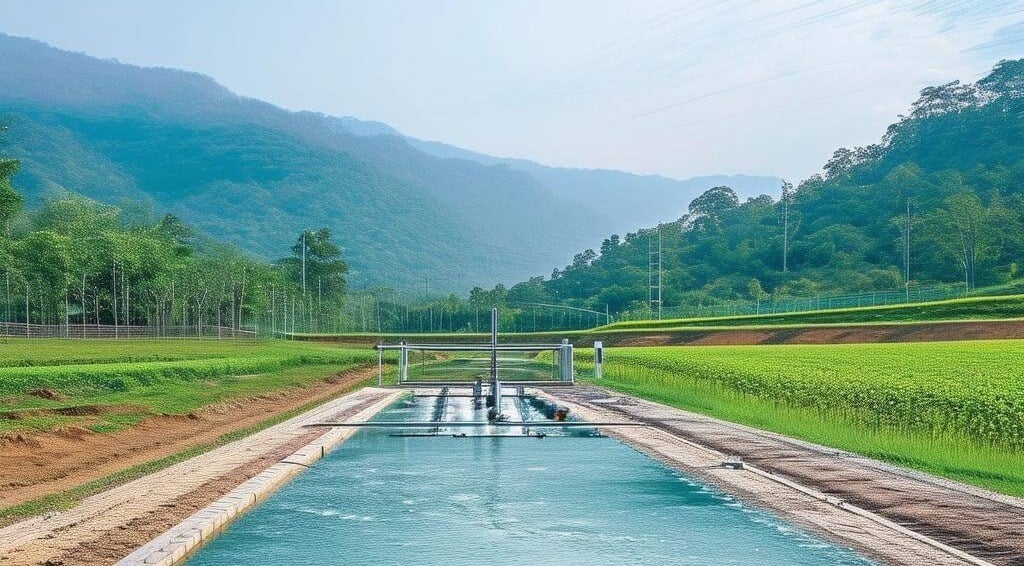Why Water Safety Standards Matter
Water is essential to life, but not all water is safe to drink or use. Water safety standards are critical in ensuring that the water supply remains free from contaminants, protecting public health and the environment. These regulations help prevent waterborne diseases, reduce pollution, and maintain a sustainable water supply for future generations.
Key Water Safety Standards in the UK
The UK follows stringent water quality regulations to ensure safe and clean drinking water. Some of the most important standards include:
1. UK Drinking Water Regulations 2016
These regulations implement the EU Drinking Water Directive and establish limits for various contaminants, including bacteria, chemicals, and heavy metals.
2. Water Supply (Water Quality) Regulations 2016
These regulations apply to England and Wales, ensuring that water companies meet specific safety and quality standards. They define permissible levels of substances like lead, nitrates, and chlorine.
3. Private Water Supplies Regulations 2018
For individuals or businesses that rely on private water supplies (such as wells or boreholes), these regulations require regular risk assessments and testing to maintain safe water quality.
4. The Drinking Water Inspectorate (DWI)
The DWI enforces drinking water regulations, ensuring that water companies comply with safety requirements and investigating incidents of non-compliance.
5. BS EN Standards for Water Quality
British Standards (BS EN) outline specific requirements for water testing and treatment technologies used in water purification and filtration processes.
Common Water Contaminants and Their Risks
Contaminants in UK water supplies can pose health and environmental risks. Some of the most concerning include:
-
Microbiological Contaminants: Bacteria (E. coli), viruses, and parasites that cause diseases.
-
Chemical Contaminants: Heavy metals (lead, arsenic), pesticides, and industrial chemicals.
-
Radiological Contaminants: Radon and uranium, which can increase cancer risks.
The Role of Water Treatment Chemicals
Water treatment chemicals play a crucial role in ensuring compliance with UK water safety standards by removing contaminants and improving water quality. These chemicals include:
-
Chlorine & Chloramine: Used for disinfection to eliminate harmful bacteria and viruses.
-
Coagulants & Flocculants: Help in removing suspended particles, improving clarity and quality.
-
pH Adjusters: Such as lime and soda ash, used to maintain balanced water chemistry.
-
Corrosion Inhibitors: Protect pipes and infrastructure from deterioration.
-
Activated Carbon & Oxidants: Help in removing organic contaminants, including pesticides and volatile organic compounds (VOCs).
How to Ensure Compliance with UK Water Safety Standards
-
Regular Testing & Monitoring: Water companies and private suppliers must conduct frequent water quality testing.
-
Use of Approved Treatment Technologies & Chemicals: Filtration, UV disinfection, and chemical treatments can enhance water quality.
-
Stay Updated on UK Regulations: Compliance with changing laws and guidelines is crucial.
-
Implement Best Practices: Regular maintenance of water infrastructure and prompt action on contamination issues.
Conclusion
Understanding and adhering to UK water safety standards is essential for businesses, municipalities, and individuals. Water treatment chemicals play a vital role in maintaining safe and clean water supplies. By staying informed and proactive, we can ensure access to clean, safe water for everyone. If you need help with water treatment solutions or compliance, contact our experts today!





